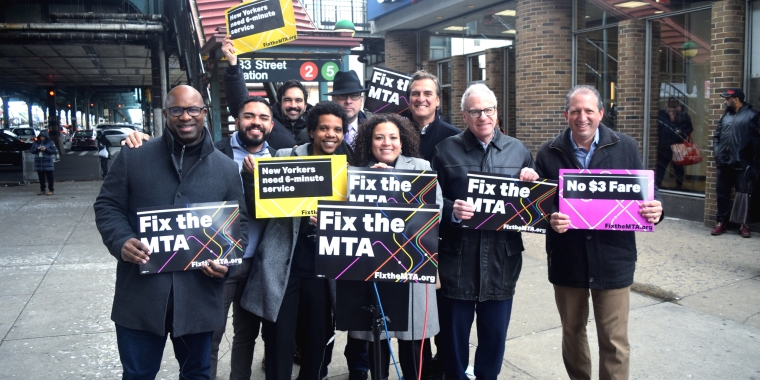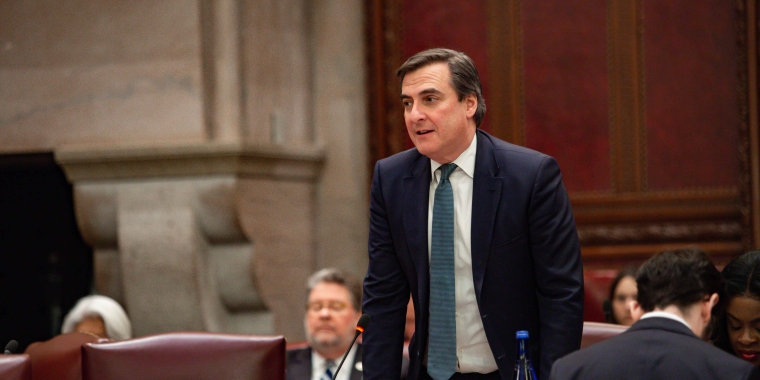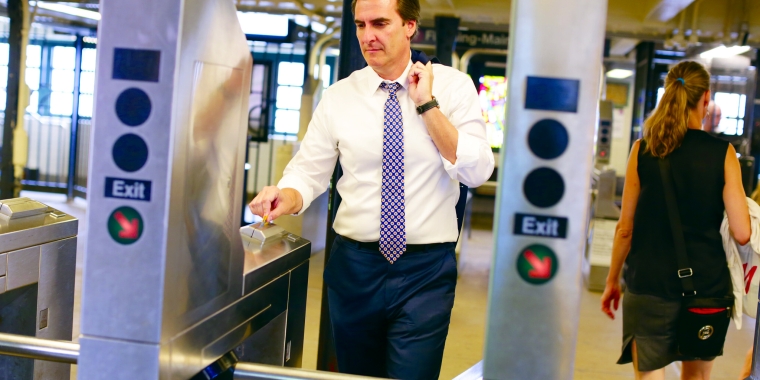
New York Daily News: NYS pulling out of opportunity zone tax breaks at state level

This is one opportunity New York won’t miss.
The state budget passed by lawmakers last week includes a provision decoupling the city and state tax codes from the federal Opportunity Zones program, a Trump-era policy that opponents say is nothing more than a handout to wealthy real estate investors.
Part of the Republican-led 2017 federal tax overhaul, the program was aimed at incentivizing private investment in economically distressed areas.
Critics, however, derided the designations, saying they included many areas already suffering from over-development and gentrification.
“The opportunity zone program is a scandalous giveaway to wealthy developers who didn’t need the money to do the development, and I’m glad the state pulled ourselves out of wasting state dollars for this effort,” said Sen. Michael Gianaris (D-Queens), who first introduced a measure to end the tax breaks on the state side in 2019.
Under the federal program, developers who put money into an opportunity zone project could defer federal and state capital gains taxes for up to seven years with a modest cut in the taxes owed.
Additionally, they would not face any capital gains taxes on properties within the zones as long as they don’t sell it for at least 10 years. When New York decided to conform to the federal program, it meant capital gains deferred or excluded from taxation at the federal level were similarly deferred or excluded from state and local taxes.
New York designated 514 “low-income community” census tracts as Opportunity Zones. However, the program allowed investors in projects in neighboring tracts to also benefit from the tax breaks, regardless of how wealthy or developed the areas were.
Parts of Hell’s Kitchen on Manhattan’s West Side were included in the program, as was a stretch of the Upper East Side and already-gentrifying areas of Queens from Astoria and Long Island City to Flushing.
“What we saw is that a lot of the developments that were getting the credits were already in development before the program even existed, so this is not something that was needed to incentivize these projects,” Gianaris said. “Besides, they were going to wealthy, overdeveloped neighborhoods, not neighborhoods in need.”
The nonpartisan Citizens Budget Commission estimated in 2019 that the program was costing the state and city up to $63 million and $31 million a year, respectively.
Gianaris’ bill, sponsored in the Assembly by Jeffrey Dinowitz (D-Bronx), had the support of a wide range of labor and advocacy groups.
“That tax credit was passed under Trump and it basically eliminates capital gains taxes for wealthy real estate investors who are developing properties in these designated zones, the theory being that they help reduce poverty but reality being that they’re just a waste of money,” said John Kaehny, executive director of good-government group Reinvent Albany.
The language included in the budget mirrors Gianaris’ proposal, essentially decoupling and ending the state benefit from the federal benefits. Investors can still take advantage of the program at the federal level, but they won’t get the state or city tax benefits.



